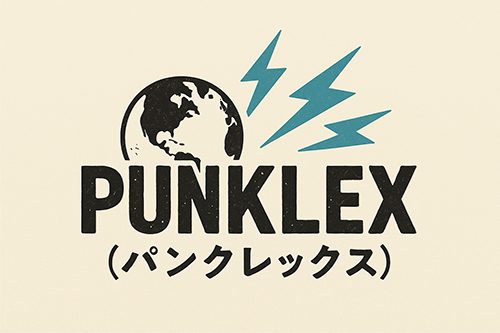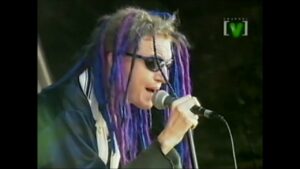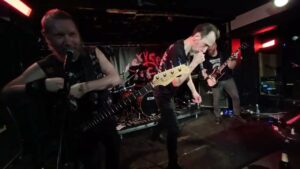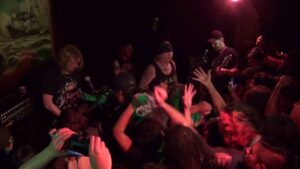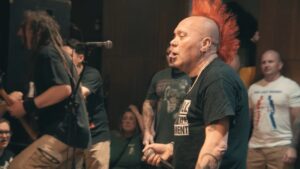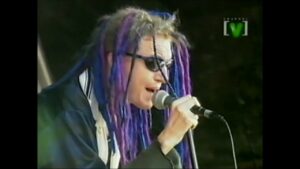Formation & Members
Bad Brains, formed in 1977 in Washington, D.C., stands as one of the most influential and pioneering bands in the realm of punk and hardcore music. Originally known as Mind Power, the group made a significant transformation from their roots in jazz fusion to the aggressive, high-energy sound that would define their legacy. The core lineup consisted of H.R. (Paul Hudson) on vocals, Dr. Know (Gary Miller) on guitar, Darryl Jenifer on bass, and Earl Hudson on drums. This lineup remained largely consistent throughout the band’s various phases, each member contributing to the unique dynamism that set Bad Brains apart from their contemporaries.
Musical Style & Characteristics
Bad Brains’ musical style is a hybrid of punk rock and reggae, a combination that was virtually unheard of at the time. Their sound is characterized by lightning-fast tempos, complex rhythms, and H.R.’s distinctive vocal style, which ranges from piercing screams to melodic reggae crooning. Dr. Know’s guitar work is equally versatile, shifting seamlessly from the ferocity of hardcore punk to the laid-back grooves of reggae. The band’s ability to fuse such diverse genres created a sonic experience that was as innovative as it was intense.
Furthermore, their live performances were legendary. Known for a raw and explosive stage presence, Bad Brains captivated audiences with shows that were both chaotic and spiritually uplifting. Their ability to switch from hardcore punk to reggae mid-set became a hallmark of their live shows, showcasing their musical prowess and cultural roots.
Key Works & Discography
Bad Brains’ self-titled debut album, released in 1982, is often hailed as a cornerstone of hardcore punk. The album features iconic tracks like “Banned in D.C.” and “Pay to Cum,” which have become anthems within the punk community. The record’s relentless energy and groundbreaking sound set the stage for their subsequent works.
In 1983, they released “Rock for Light,” produced by Ric Ocasek of The Cars. This album refined their sound further and included re-recorded tracks from their debut, along with new material that expanded their musical boundaries. Songs like “I and I Survive” demonstrated their reggae influences more prominently.
Their 1986 release, “I Against I,” marked a shift towards a more experimental sound, incorporating elements of funk and heavy metal. This album is often considered their most accomplished work, with tracks like “Re-Ignition” and “Sacred Love” showcasing their evolving artistry.
Bad Brains continued to release influential albums such as “Quickness” (1989) and “Rise” (1993), each contributing to their legacy as pioneers of genre fusion in punk music. Their discography remains a testament to their innovative spirit and enduring influence.
Influence on Other Bands/Scenes
Bad Brains’ impact on the punk and hardcore scenes is immeasurable. They were one of the few African American bands in the predominantly white punk scene, and their presence challenged and diversified the cultural landscape of the genre. Their blend of punk and reggae inspired countless bands, including the Beastie Boys, who have cited Bad Brains as a major influence on their early sound.
Their innovative approach to music also influenced the development of alternative and grunge music in the 1990s. Bands like Nirvana and Soundgarden admired Bad Brains for their uncompromising sound and fearless genre-blending. The band’s ethos and musical style left an indelible mark on the punk and alternative scenes, paving the way for a more inclusive and diverse musical landscape.
Breakups or Reunions
Bad Brains’ history is marked by a series of breakups and reunions, largely due to internal tensions and H.R.’s mercurial nature. The band initially disbanded in the mid-1980s, only to reunite for “I Against I.” Subsequent years saw similar patterns, with periods of activity and dormancy.
Despite these challenges, the band has reunited several times for special performances and tours, much to the delight of their dedicated fan base. Notably, they reunited in 2007 and released the album “Build a Nation,” produced by Adam Yauch of the Beastie Boys. Each reunion has been met with enthusiasm from fans eager to experience the band’s legendary live performances once again.
Current Reputation & Legacy
Today, Bad Brains is revered as one of the most influential bands in the history of punk music. Their innovative fusion of punk and reggae, combined with their powerful live performances, has solidified their status as trailblazers in the genre. Despite the band’s turbulent history, their legacy continues to inspire new generations of musicians and fans alike.
Bad Brains’ music is celebrated for its raw energy, technical proficiency, and fearless exploration of new sonic territories. They remain a symbol of artistic innovation and cultural diversity in the punk scene, and their influence can be heard in the work of numerous contemporary artists across various genres.
Conclusion
Bad Brains’ journey from a jazz fusion group to pioneers of punk and hardcore is a testament to their artistic vision and resilience. Their ability to blend disparate musical styles into a cohesive and electrifying sound has left an indelible mark on the music world. Despite the challenges they’ve faced, the band’s legacy endures, inspiring countless artists to push the boundaries of genre and expectation. As both musicians and cultural icons, Bad Brains have secured their place in the annals of music history, forever remembered for their groundbreaking contributions to punk and beyond.
